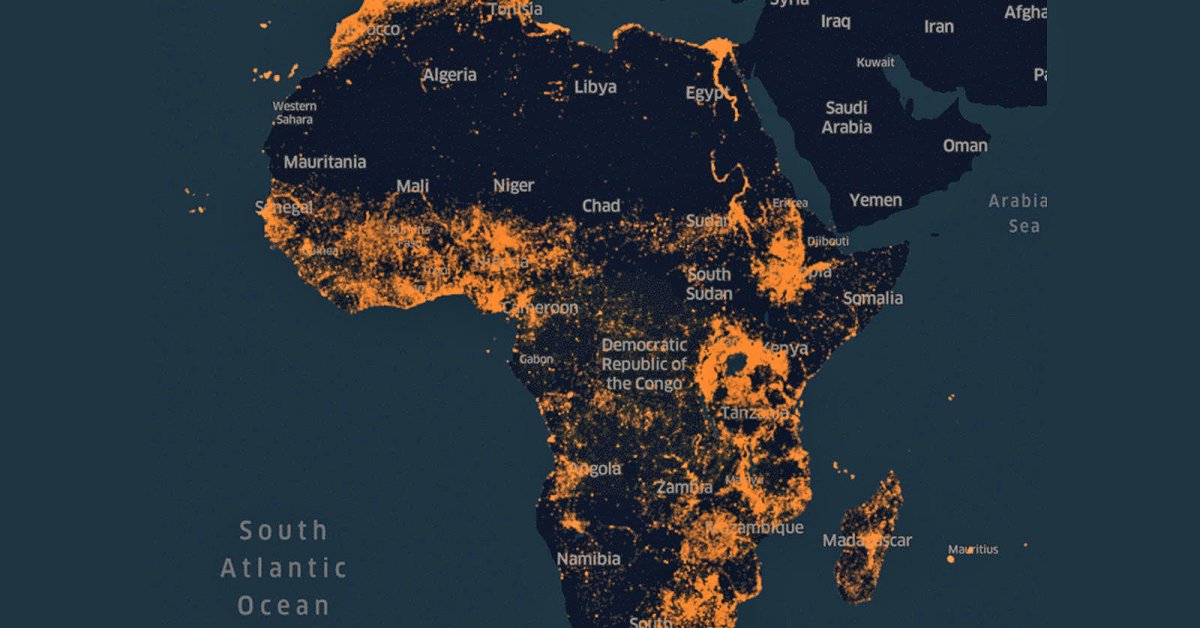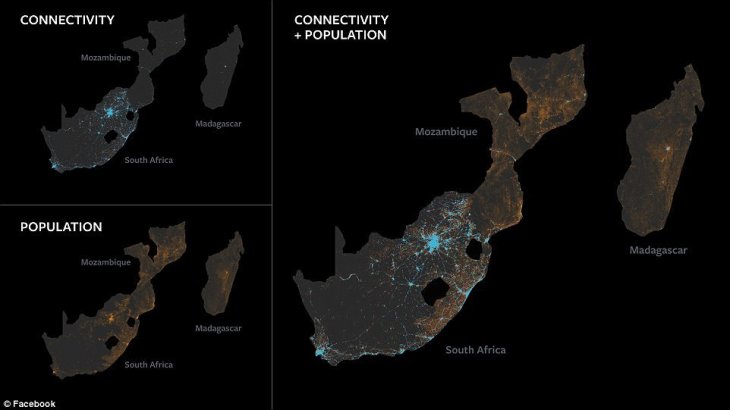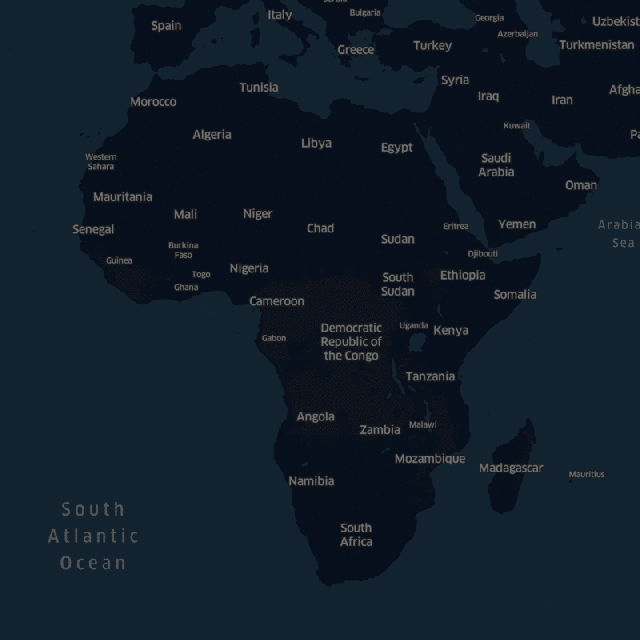Facebook Utilizing AI To Map Global Population Density
Harin - Apr 10, 2019

Facebook is using AI to map population density globally. The work has humanitarian applications, but it could also benefit Facebook’s commercial interests.
- Getting Started with AI: A Newbie's Simple Guide
- IDC Report Predicts Surging Smartphone Prices Due to Global RAM Shortage
- Samsung Links Galaxy S26 Price Hikes to AI Memory Supply Issues
Facebook has made AI-based population maps before but not until now does it generate them on a massive scale. The social networking site is introducing ultra-detailed maps on population density that covers the major parts of Africa. The maps are created to assist relief agencies in providing aid. The technique is what the company has used before, but the formula has been changed a bit to maintain the high accuracy even with the 16 million square miles of Africa. A company blog post explained that the project would eventually map almost the whole population of the world.

According to the giant social networking site, it is a challenging task for us humans to create maps like this. Of course, we can seek help from high-resolution imagery but turning it into high accuracy maps is going to take a lot of time and effort. For example, to generate popular density maps, humans need to label every building and cross-check with census data. This, when applied to the African continent, becomes tricky as census tracts can cover areas of up to 150,000 square miles but have only 55,000 people.
Fortunately, this kind of task is a perfect task for AI. Engineers from Facebook took data from Open Street Map, an open-source mapping project, to teach a computer vision system capable of recognizing buildings in images from the satellite. The last step is to remove the satellite data showing unoccupied land.
Facebook claims that its latest machine learning systems are faster and more accurate compared to those announced back in 2016. To generate maps for the African continent, Facebook’s programs need to go through around 11.5 billion images (each is 64x64 pixels). Researchers from Columbia University’s Center for International Earth Science Information Network also took part in the project.

Facebook said:

The question here is, what Facebook is planning to do with all this data. In its announcement, the company has put an emphasis on humanitarian applications.
The maps will be released free of charge for the next few months. It also notes that maps like these are great tools in implementing vaccination schemes and disaster relief. The American Red Cross has already used Facebook’s data for these purposes.
Featured Stories

How To - Mar 04, 2026
Getting Started with AI: A Newbie's Simple Guide

ICT News - Mar 03, 2026
Budget Entry-Level PCs Under $500 to Vanish by 2028 Due to Memory Price Surge

ICT News - Mar 02, 2026
IDC Report Predicts Surging Smartphone Prices Due to Global RAM Shortage

ICT News - Mar 01, 2026
Samsung Links Galaxy S26 Price Hikes to AI Memory Supply Issues

ICT News - Feb 28, 2026
Anthropic Blacklisted by US Department of War: Trump Orders Federal Ban Over AI...

ICT News - Feb 26, 2026
AI Models Frequently Resort to Nuclear Escalation in Simulated Crises, Study...

ICT News - Feb 23, 2026
It's Over for Xbox: Asha Sharma Takes Over to Ruin Microsoft Gaming with AI

ICT News - Feb 22, 2026
Which AI Model Excels at Which Task in 2026: A Comprehensive Guide

ICT News - Feb 21, 2026
AI Coding Agent Causes Major AWS Outage at Amazon

ICT News - Feb 20, 2026
Tech Leaders Question AI Agents' Value: Human Labor Remains More Affordable
Read more

How To- Mar 04, 2026
Getting Started with AI: A Newbie's Simple Guide
Are you curious about artificial intelligence but not sure where to begin? You are not alone.

ICT News- Mar 03, 2026
Budget Entry-Level PCs Under $500 to Vanish by 2028 Due to Memory Price Surge
The era of the sub-$500 PC appears to be ending.
Comments
Sort by Newest | Popular